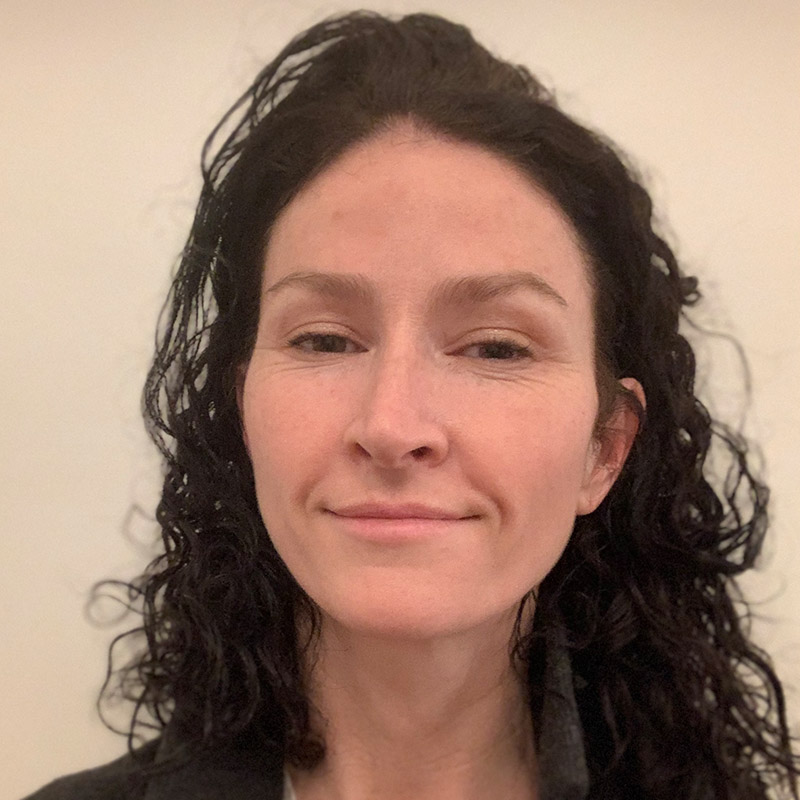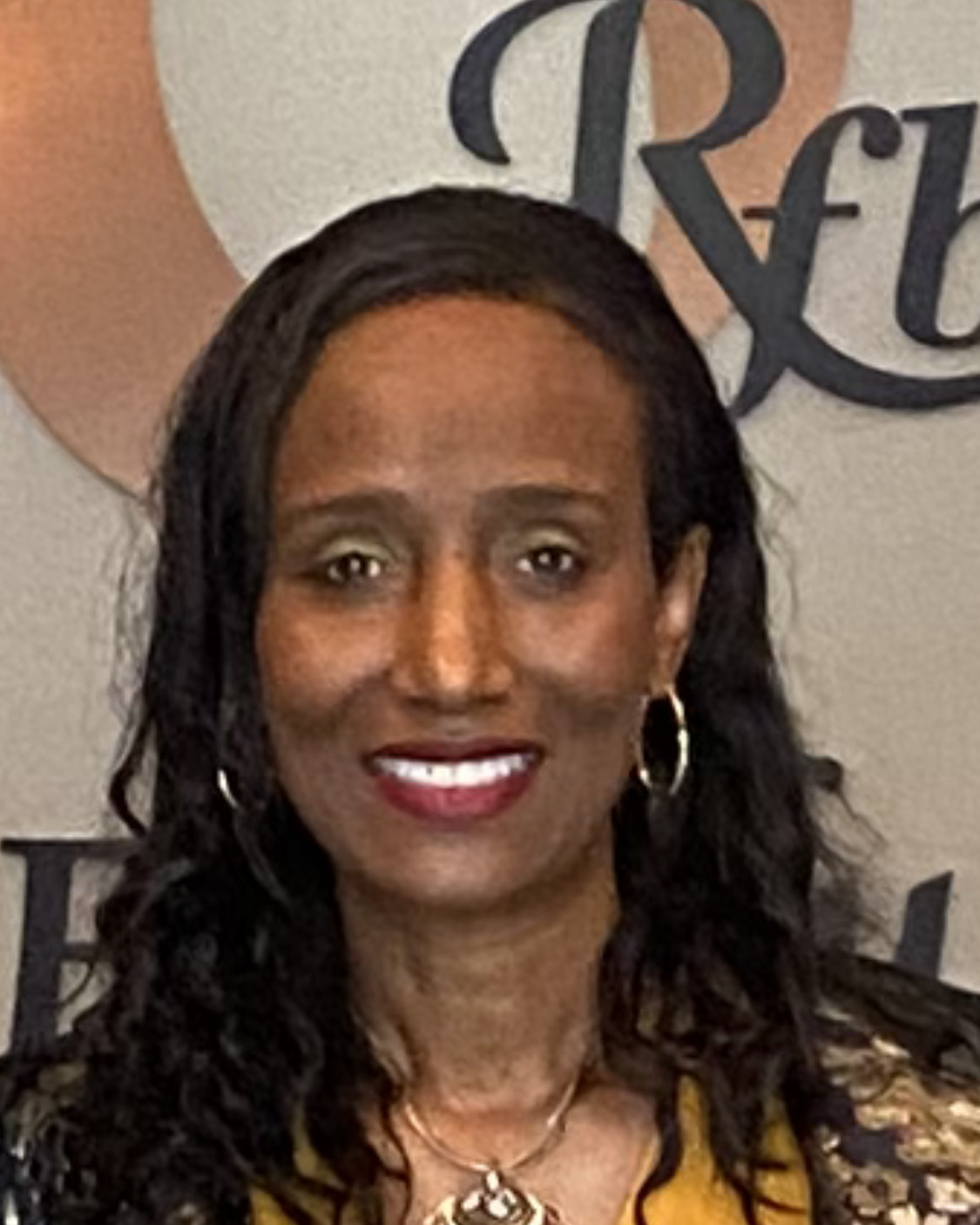At Regeneron, we believe it's essential to truly understand the communities we aim to serve. By listening to the voices of those affected by diseases—patients, caregivers, and healthcare providers—we ensure
Laying the Groundwork: Disease Research as the Cornerstone of Development
In hemophilia B, effectively addressing a challenge first requires a deep understanding of underlying disease biology. The standard of care currently requires frequent, ongoing medical treatment, which can be difficult on patients and families. This led our focus on the genetic drivers of the condition.

Shifting research paradigms starts with rigorous preclinical research. Meagan O’Brien, Senior Medical Director, explains how “leaving no stone unturned during the preclinical phase means building solid foundations of scientific evidence through detailed testing—part of our responsibility to build confidence and trust within the community.”
Developing a Shared Lexicon
With Regeneron investigating novel approaches like CRISPR gene editing, we sought to provide clarity where uncertainty may arise—partnering with several advocacy groups and leading medical voices to develop a comprehensive lexicon.
 The lexicon creates a consistent, inclusive, and understandable language for discussing gene editing among patients and care partners—demystifying complex scientific concepts with detailed descriptions and visual aids.
The lexicon creates a consistent, inclusive, and understandable language for discussing gene editing among patients and care partners—demystifying complex scientific concepts with detailed descriptions and visual aids.
“Helping standardize discussions around gene editing can equip patients with the same, accurate information to promote informed consent,” said Michaela Jones, Director and Medical Affairs Lead for the hemophilia B program.
Infusing Patients’ Perspectives into the Clinic
Engaging with patient groups early–with insights gathered over a year and half prior to entering the clinic illuminated a clearer picture of the realities the community faces, which were then infused into our clinical development programs.
 Patient panels organized by the Regeneron Patient Advocacy team, provided crucial input on clinical trial design, educational materials, and even resulted in specific protocol adjustments to be better tailored to the needs of the hemophilia B community. As one example, feedback resulted in removing trial participant age limits to promote broader enrollment of a representative population.
Patient panels organized by the Regeneron Patient Advocacy team, provided crucial input on clinical trial design, educational materials, and even resulted in specific protocol adjustments to be better tailored to the needs of the hemophilia B community. As one example, feedback resulted in removing trial participant age limits to promote broader enrollment of a representative population.
According to Virginie Delwart, Director of Patient Advocacy, “patient feedback shaped clinical protocols to not only embody scientific rigor but reflect the community’s needs and expectations to better direct our research toward the right challenges, instilling a sense of partnership.”
Fostering Community-Centric Collaboration
Prioritizing early, continuous engagement with the community via advocacy groups helped integrate patient voices into key decision-making processes, placing their experiences and concerns at the forefront of clinical initiatives.
Relationships with organizations like the National Bleeding Disorders Foundation and the European Hemophilia Consortium remain crucial in gathering feedback to evolve our programs to the needs of the community—through events like family education days, national conferences, and more.
Regeneron is conducting ongoing research in Hemophilia B. Study drugs have not been reviewed by any regulatory authority and their safety and effectiveness are unknown. Talk to your doctor to learn more about your treatment options.

